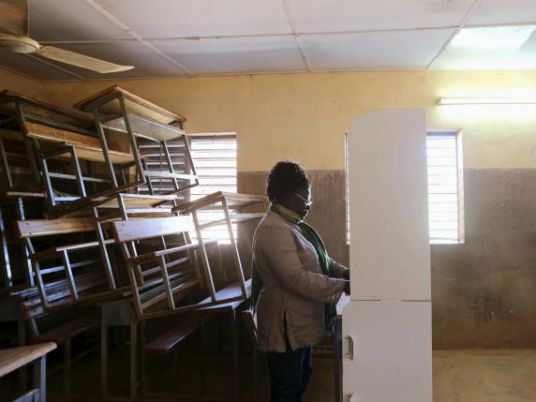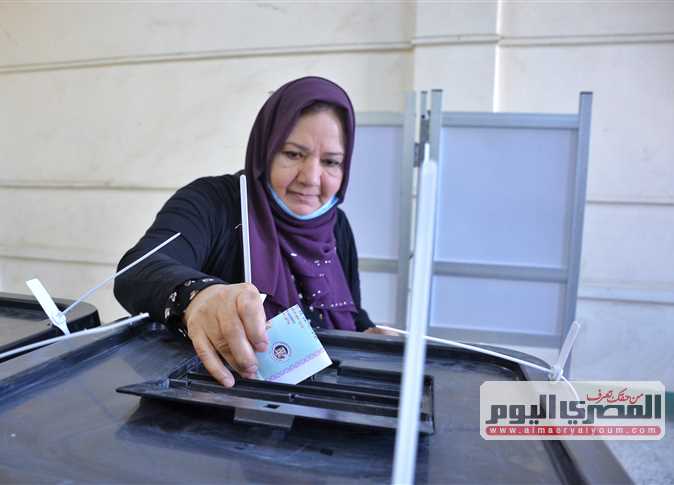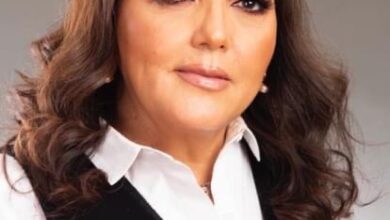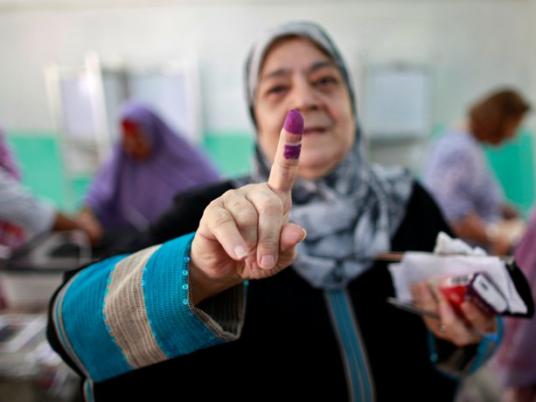
Burkina Faso voted on Sunday in an election to choose the country's first new president in decades, a year after longtime leader Blaise Compaore was toppled in a popular uprising in which demonstrators faced down the security forces.
A successful election would establish the country as a beacon for democratic aspirations in Africa, where veteran rulers from Burundi to Congo Republic have changed constitutions to pave the way for fresh terms in office.
It also represents a turning point for a West African nation ruled by leaders who came to power in coups for most of its history since independence from France in 1960.
Compaore took power in a coup and ruled for 27 years, winning four elections, all of which were criticized as unfair. He was ousted in October last year, when demonstrators protested against his attempt to change the constitution to extend his tenure.
"I am proud to have accomplished my duty as a citizen … It's the first time that I can be really sure that we won't end up with Blaise Compaore," said Ousmane Ouedraogo, as he cast his ballot in the capital Ouagadougou.
People formed long lines at voting stations in the capital and other major centers. Turnout is expected to be heavy among the 5.5 million registered voters who will also choose deputies for the National Assembly.
Leading candidates
Analysts say only two of the 14 presidential candidates stand a real chance of winning.
One is Roch Marc Kabore, prime minister and president of the National Assembly under Compaore. The other is Zephirin Diabre, who was minister of finance in the 1990s before stepping down to start an opposition party.
Kabore heads the Movement of People for Progress (MPP), made up of disaffected allies of Compaore who left the party months before he stood down. Diabre fronts the Union for Progress and Change (UPC), which was the formal opposition.
Kabore draws support from the business elite and, as a member of the largest ethnic group, traditional chiefs. Diabre has international ties from his years at the United Nations Development Program and at Areva, a French nuclear company.
"We must do everything to show that civilians can ensure the correct government of the country and restore it to democratic normality," Kabore said as he cast his ballot.
Many people say they will vote for the candidate who has the best chance of promoting economic growth in a landlocked country that exports gold and cotton but remains impoverished.
The election was pushed back from October 11 because of an abortive coup in September by members of the elite presidential guard, in which transitional President Michel Kafando and his prime minister were taken hostage.
That coup cost more than US$50 million in lost revenue, trimming growth by 0.3 percentage points. The guard has since been disbanded. Kafando will step down once a new leader is sworn in.
Corruption and justice are also issues for voters, prompting a resurgence in the popularity of former leader Thomas Sankara, a Marxist revolutionary dubbed "Africa's Che Guevara" who was assassinated in a 1987 coup led by Compaore.




